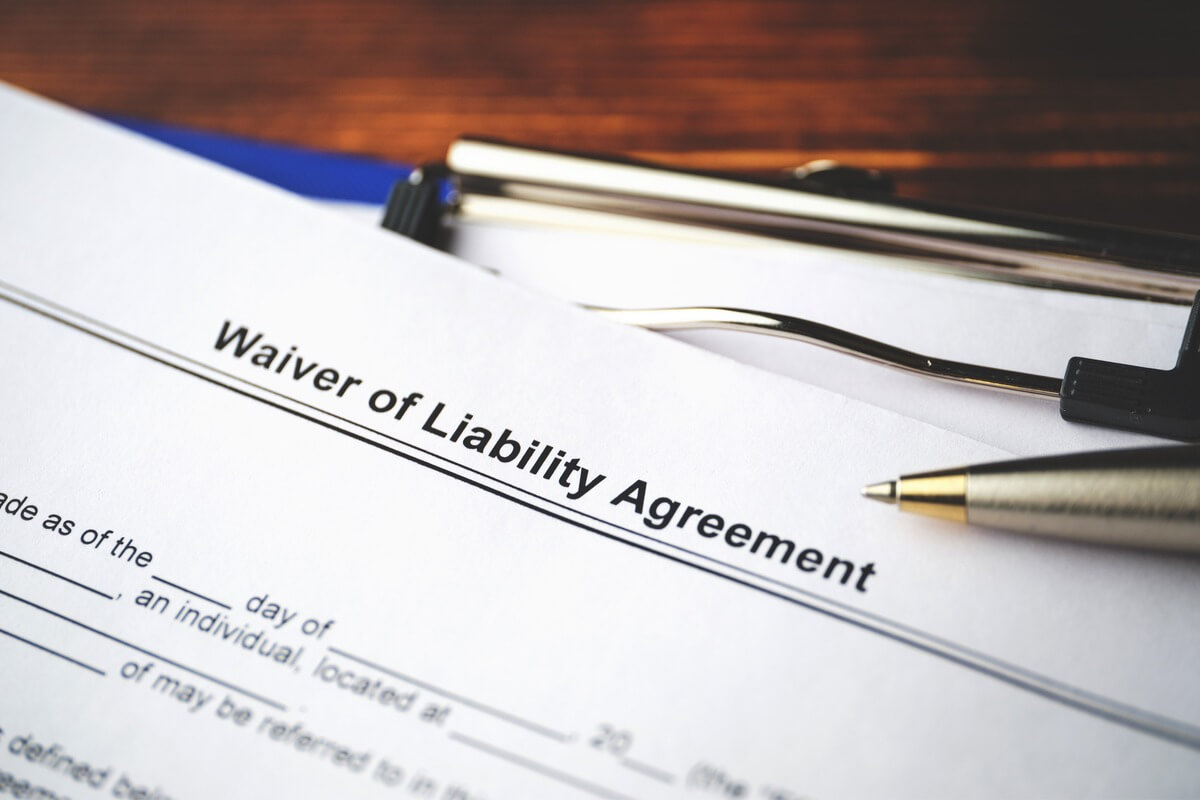Cross-examination is the opportunity for the attorney to ask questions in a court of a witness who has testified in a trial on behalf of the opposing party. The questions on cross-examination are limited to the subjects covered in the direct examination of the witness, but importantly, the attorney may ask leading questions, in which he/she is allowed to suggest answers or put words in the witness’s mouth. For example, “Isn’t it true that you told Mrs. Jones, she had done nothing wrong?” which is leading, as compared to “Did you say anything to Mrs. Jones?” (Definition by law.com).
The purpose of cross-examination is:
- To elicit evidence in support of your case
- To cast doubt on, or undermine the witness’s evidence so as to weaken your opponent’s case, and to undermine the witness’s credibility
- To put your case and challenge disputed evidence
In the realm of legal proceedings, it’s not just the cross-examination techniques that play a pivotal role. Equally significant is the understanding of various legal nuances. For instance, knowing how to use social media during an injury claim can be crucial in today’s digital age. Additionally, distinguishing between secured and unsecured debt can influence the direction of a case. It’s always beneficial to stay updated with general legal advice, such as learning from notable insurance claims or understanding the intricacies of sports injuries and their legal liabilities. Such knowledge can provide an edge during cross-examinations.
A strong cross-examination can force contradictions, expressions of doubts or even complete obliteration of a witness’s prior carefully rehearsed testimony. On the other hand, repetition of a witness’s story, vehemently defended, can strengthen his/her credibility. Thus, the important thing for the advocate to remember is that the witness on the stand during cross is hostile and often coached to do anything but help the lawyer’s case.
Categories
- Bicycle Accidents
- Car Accident
- Case results
- Class Action
- Community Aid
- COVID-19
- Fun
- General
- Hard Rock Lawsuits
- Holiday
- Insurance Claims
- Legal Advice
- Mardi Gras Accident Attorney
- Mass Tort
- Medical
- Motorcycle Accident
- Personal Injury
- Practices
- Premise Liability
- Recent News
- Safety
- Truck Accidents
- Uncategorized
- Weather
- Work-Related Accident

In 2003, after being dissatisfied with the quality of legal care for victims of car accidents, Roderick ‘Rico’ Alvendia sought to establish a new firm focused on providing high-quality legal services to aid injured victims and their families. J. Bart Kelly, sharing Rico’s passion for upholding justice, joined the firm later that year, and established a partnership.



